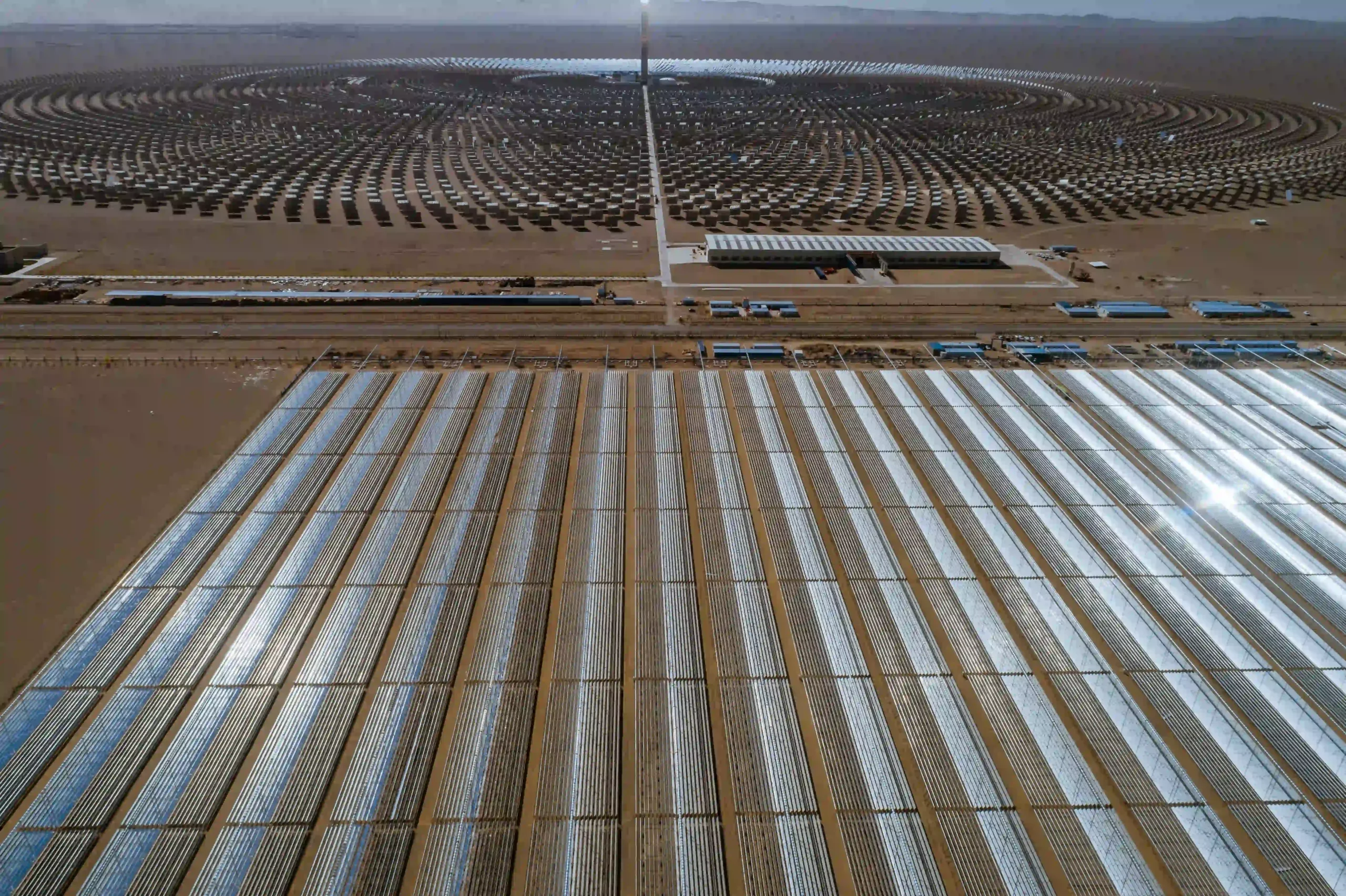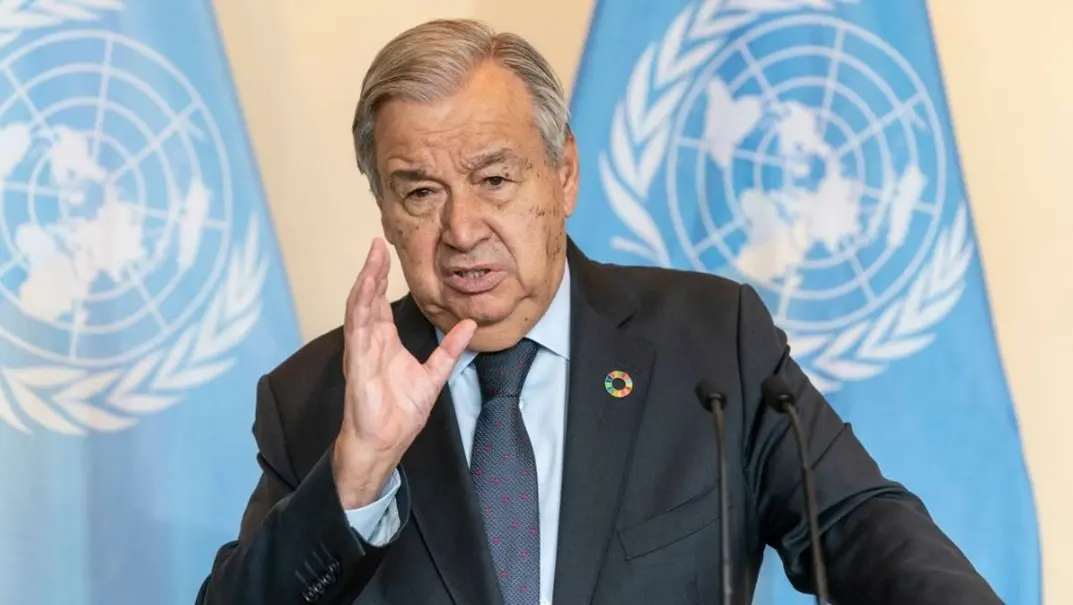28 Mar 2023
Navigating Climate Risk in the Era of Green Transition
Growing climate risks in the MENA region pose a number of threats to the investment environment, which could jeopardise both current and future economic plans. While the progress that countries in the region have made by establishing climate action strategies and confirming their commitment to the green transition has signalled to investors that there is a market for mitigation and adaptation technologies, the impact of climate change may be moving at a faster pace. Forecasts show that temperatures in the region have been increasing at double the rate of the global average and that by 2050 they may increase by 4 degrees; potentially making many cities uninhabitable. In the next few years, it is likely that MENA countries will be faced with the challenge of simultaneously managing the impact of extreme weather conditions alongside the risks accompanying the transition towards emission reductions and sustainability policies. Are the region’s economies ready to navigate the impact that climate risks could have on investments and growth? And what could this mean for investments needed to support the growth of new technologies for the green transition?
8 Feb 2023
Racing Against Time: Climate Action in Crisis
Climate change is a global reality that is growing more urgent by the minute, particularly for developing countries which research has shown are the most affected and expected to continue being the most affected by climate change. Globally, the last eight years have been the warmest on record with parts of the world experiencing unprecedented summer temperatures and prolonged heatwaves. Nearing the end of 2022, a consortium of international organizations issued a statement about the severity of the longest drought in the history of Horn of Africa which is creating a rapidly deteriorating food security crisis in Somalia, Kenya and Ethiopia. The world is also witnessing a higher frequency of natural disasters such as the extreme rainfall and flooding that had a devastating impact on countries such as Pakistan where 33 million people were displaced. Pakistan, which is responsible for less than 1% of global greenhouse gas emissions, now has to spend an estimated $16 billion on reconstruction, half of which have been pledged by foreign donors.
The reality that many of the countries with the lowest carbon emissions are now facing the highest level of vulnerability makes the climate issue global not only in it terms of impact but also in terms of responsibility and action. Accordingly, plans to alleviate and reverse the effects of climate change are already underway and being led by developed nations who have the capacity to adapt and provide assistance to developing nations through climate finance. However, as climate change and its effects accelerate and targets are repeatedly missed, it has become necessary to reevaluate the effectiveness of the current course of climate action to identify the most significant hindering factors.

